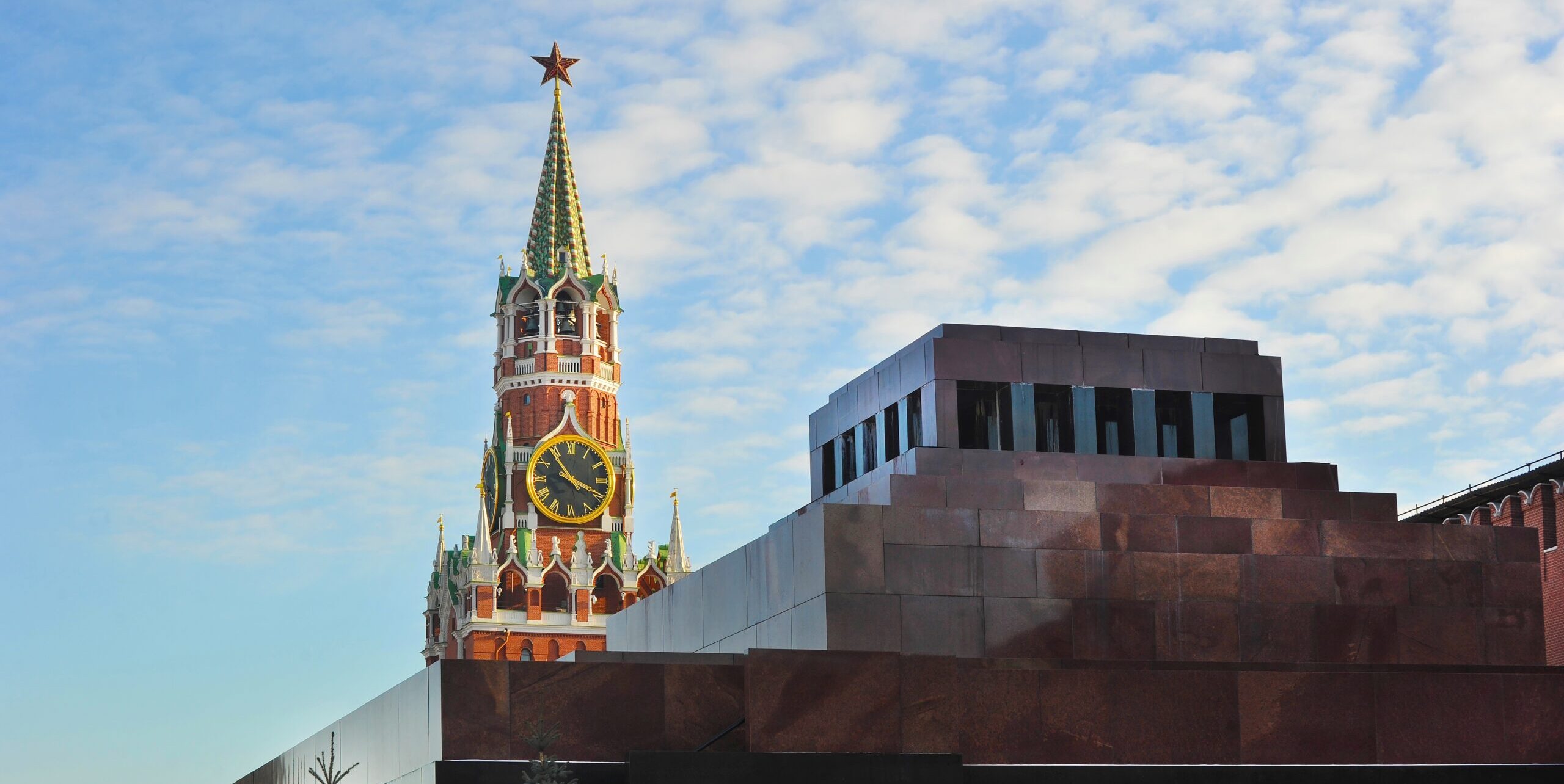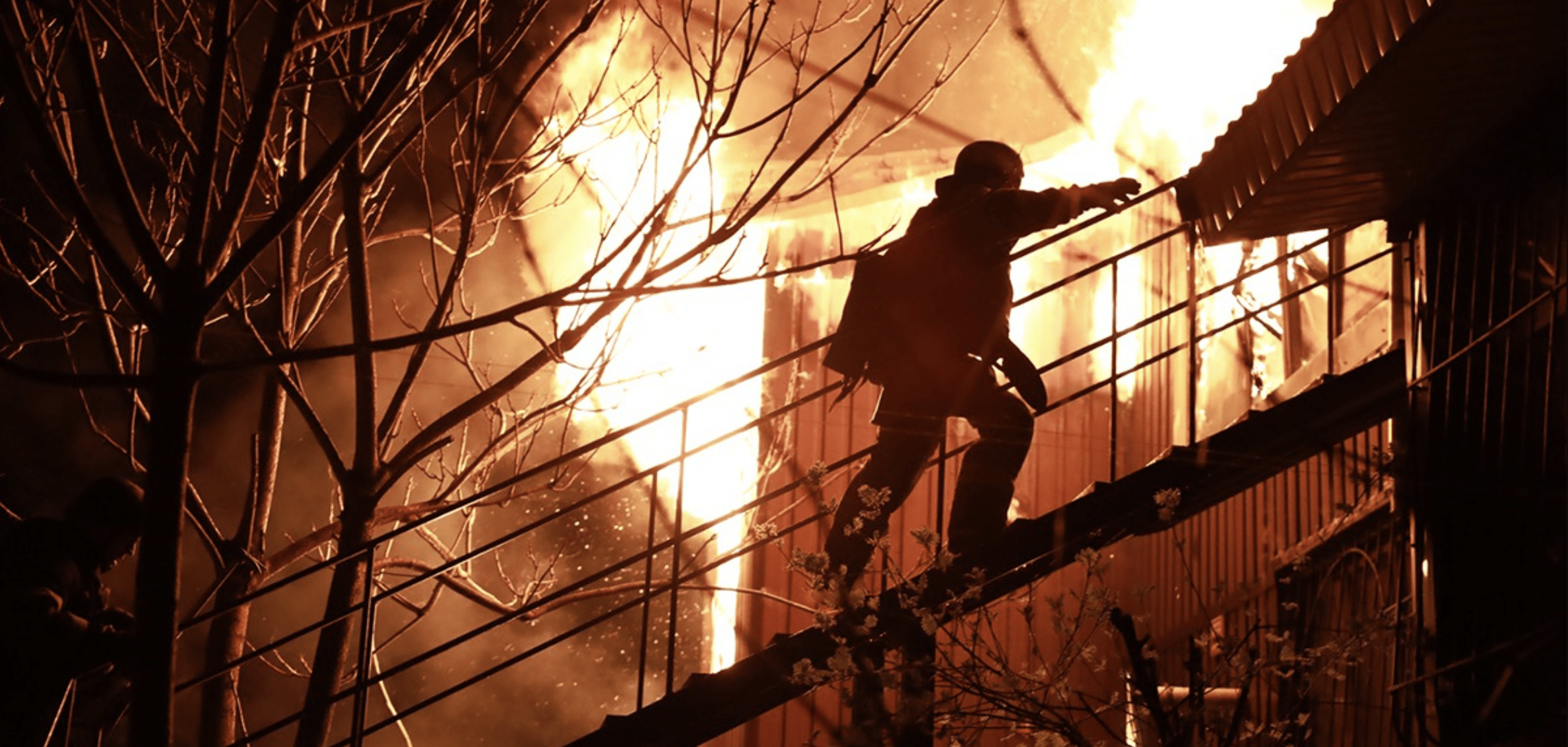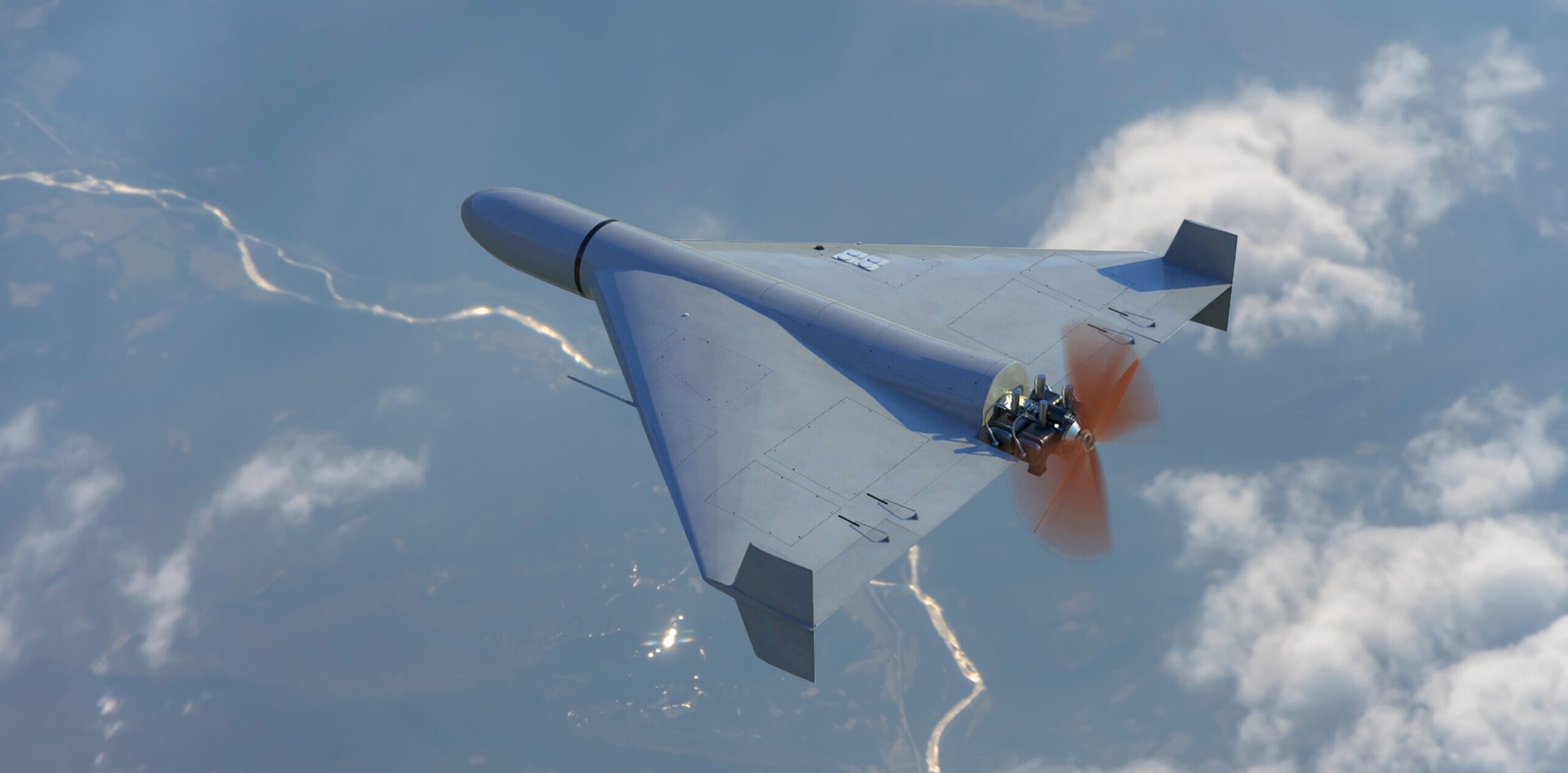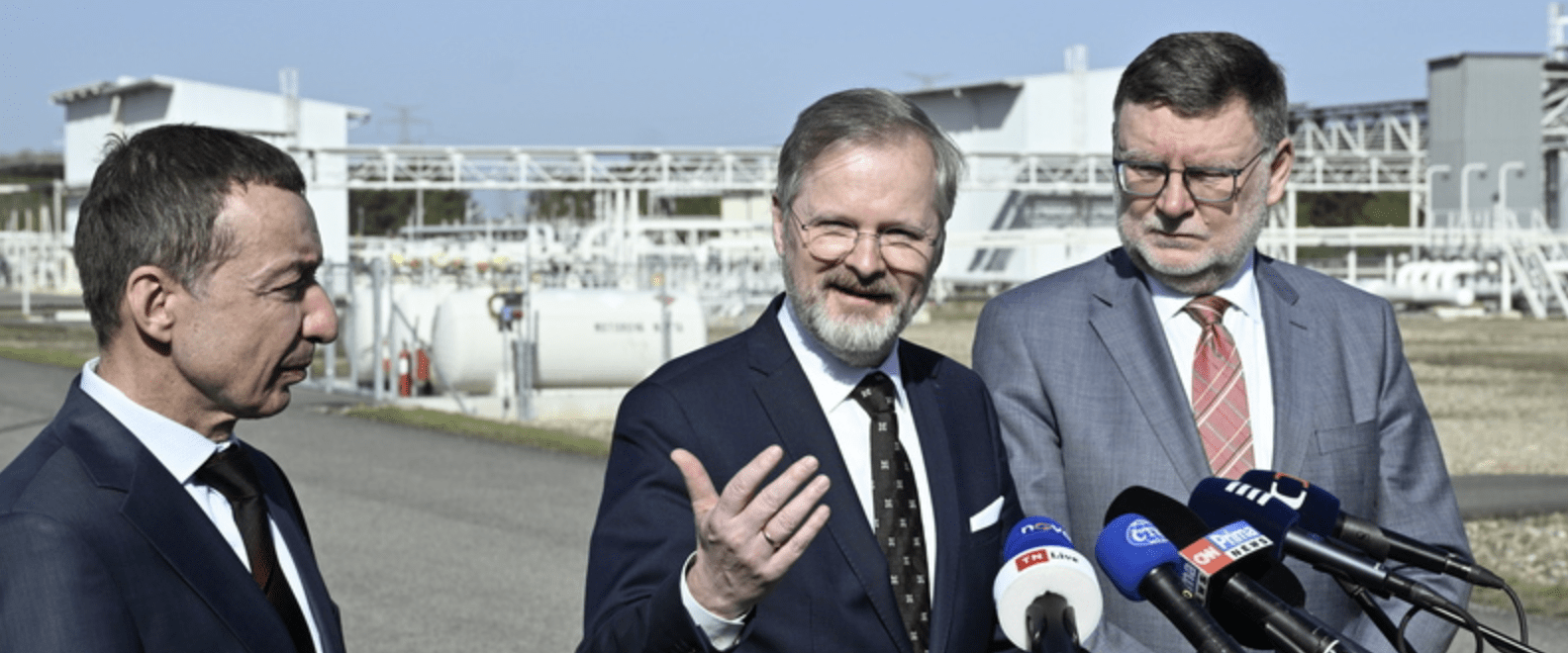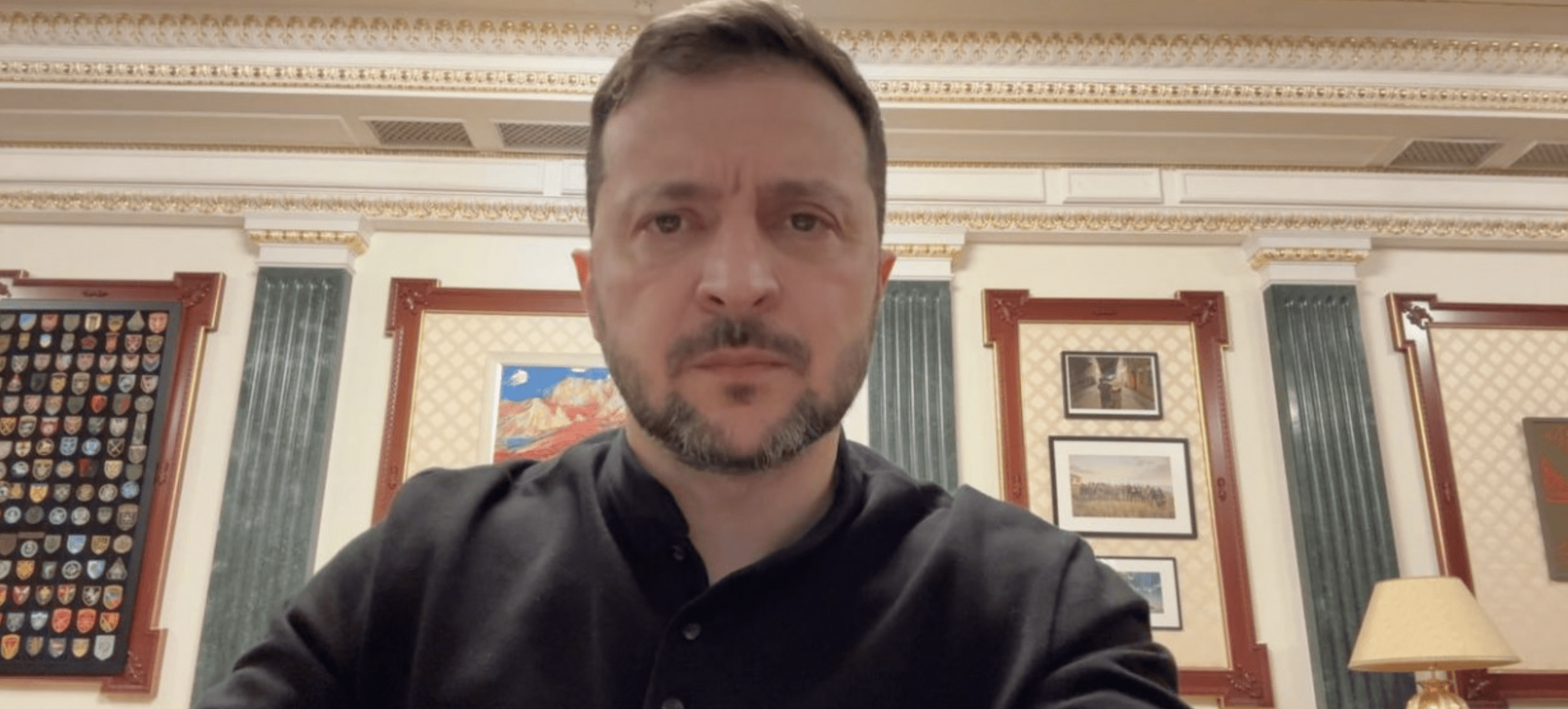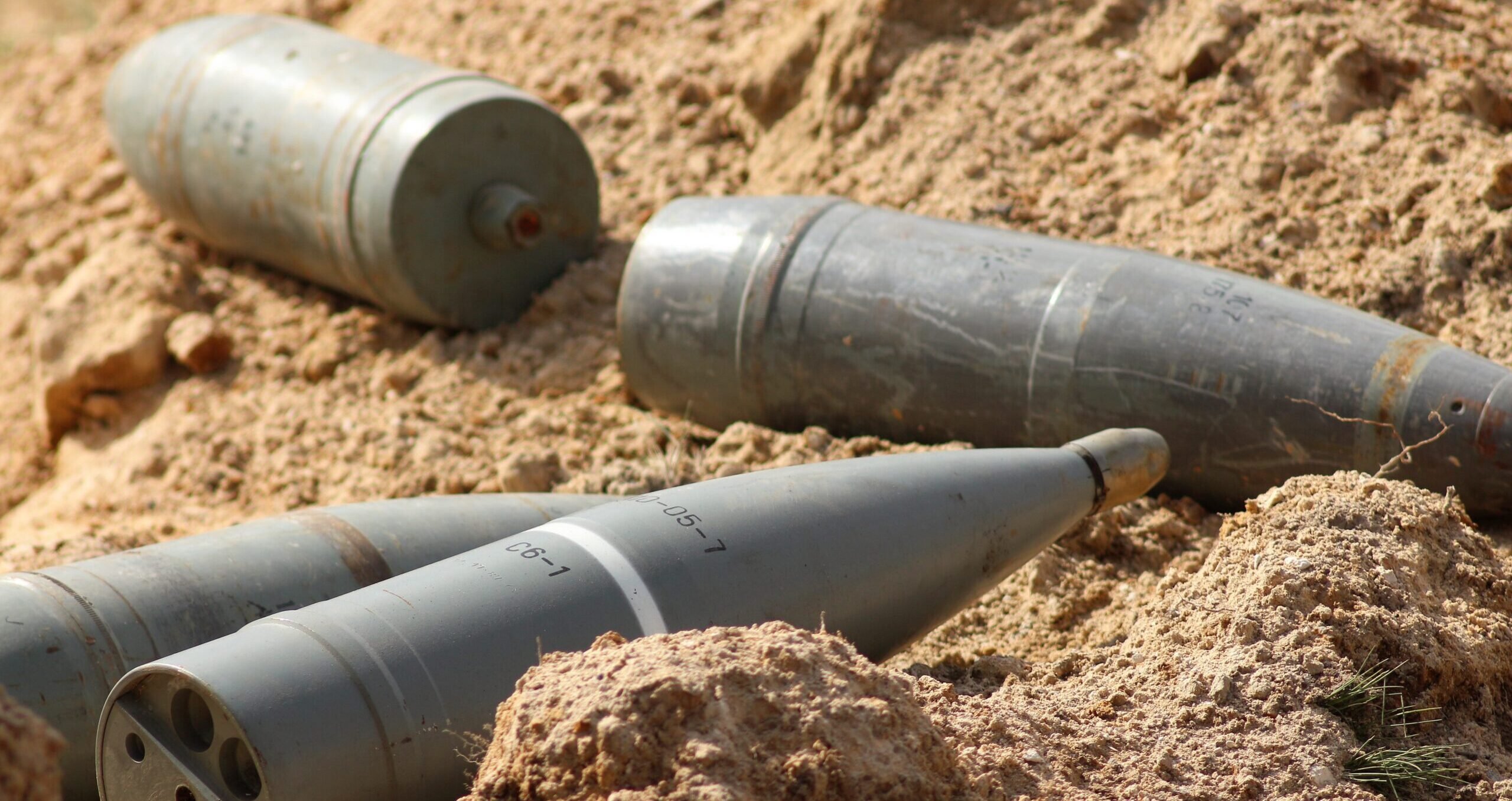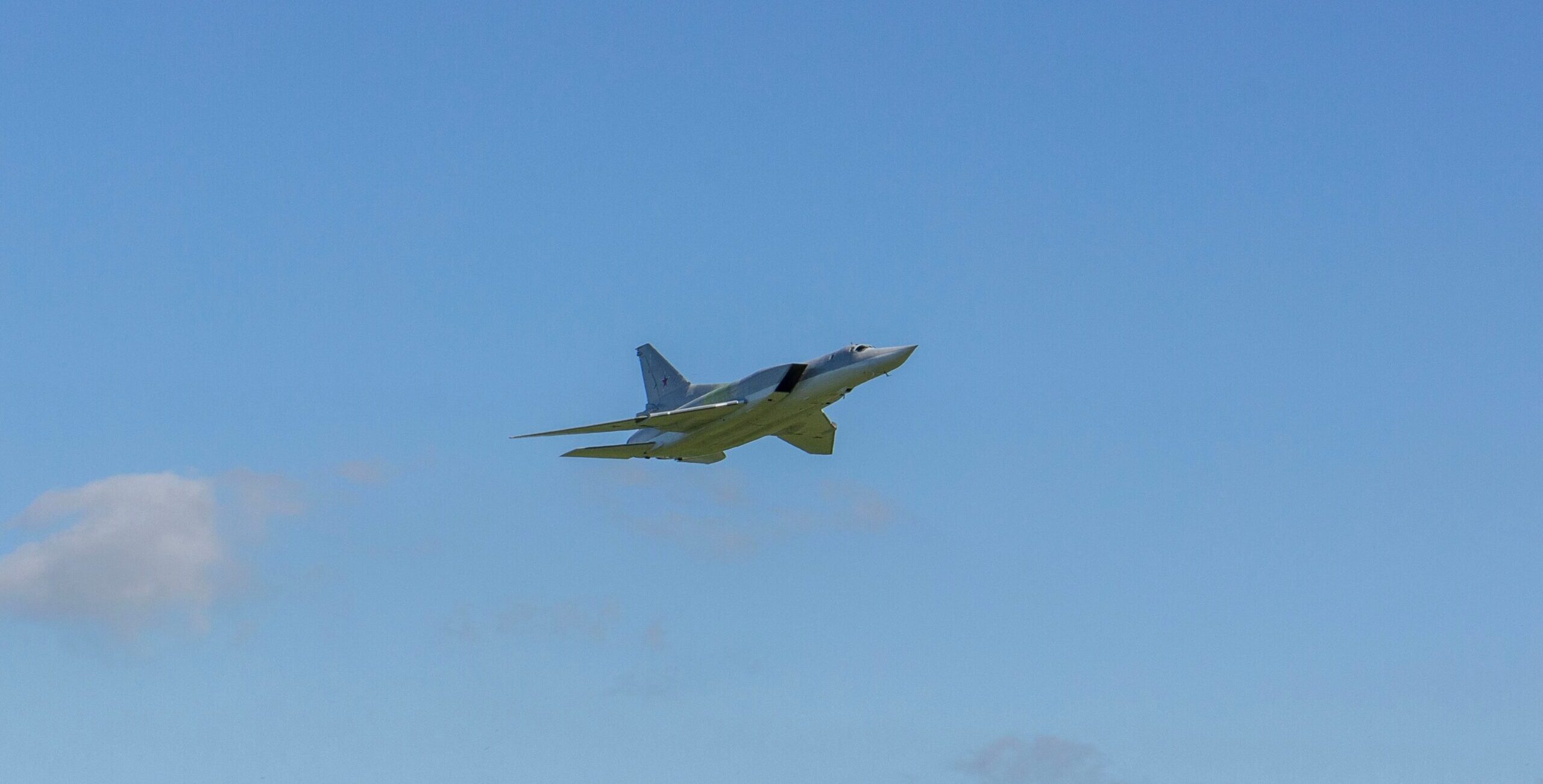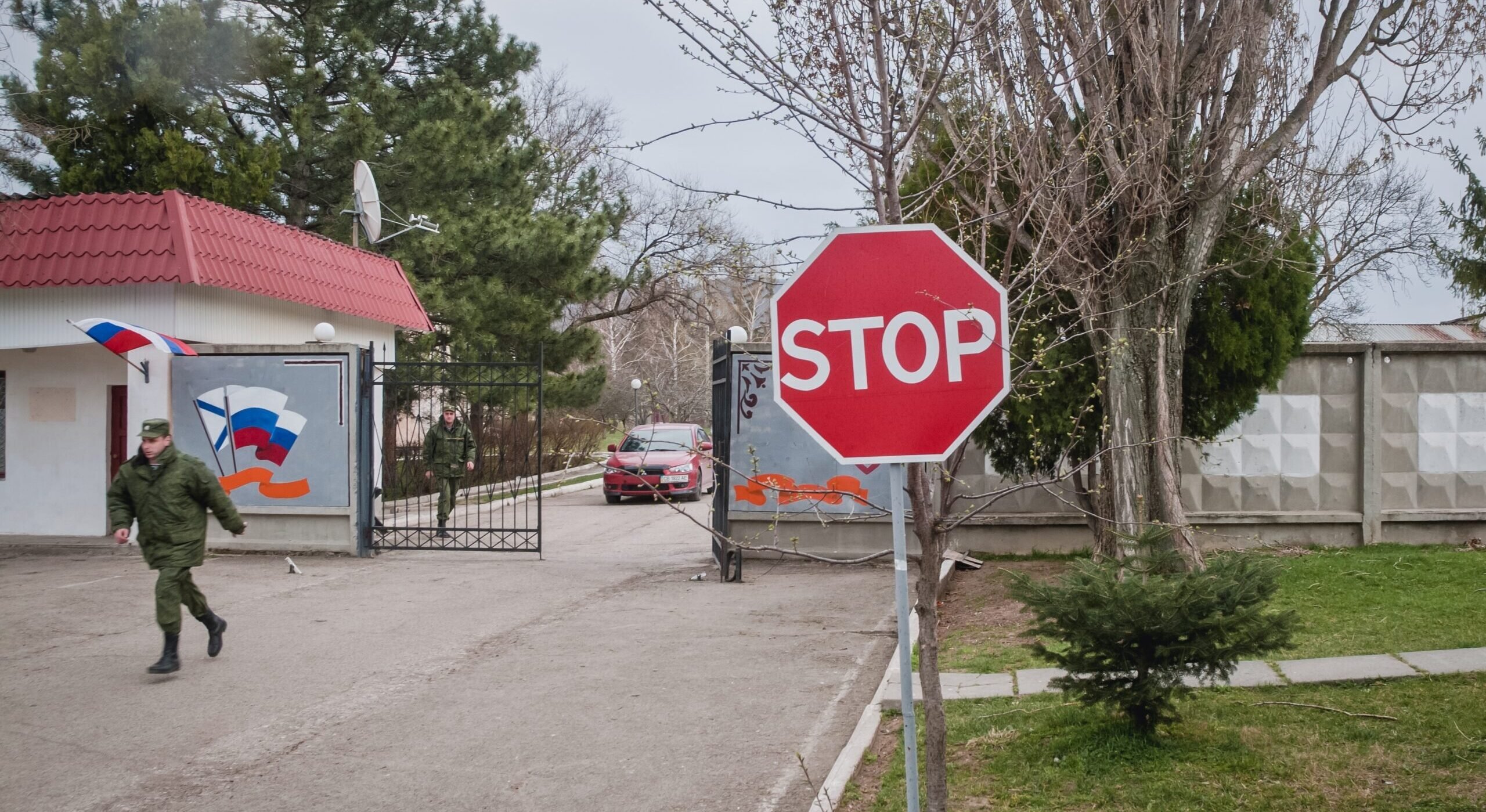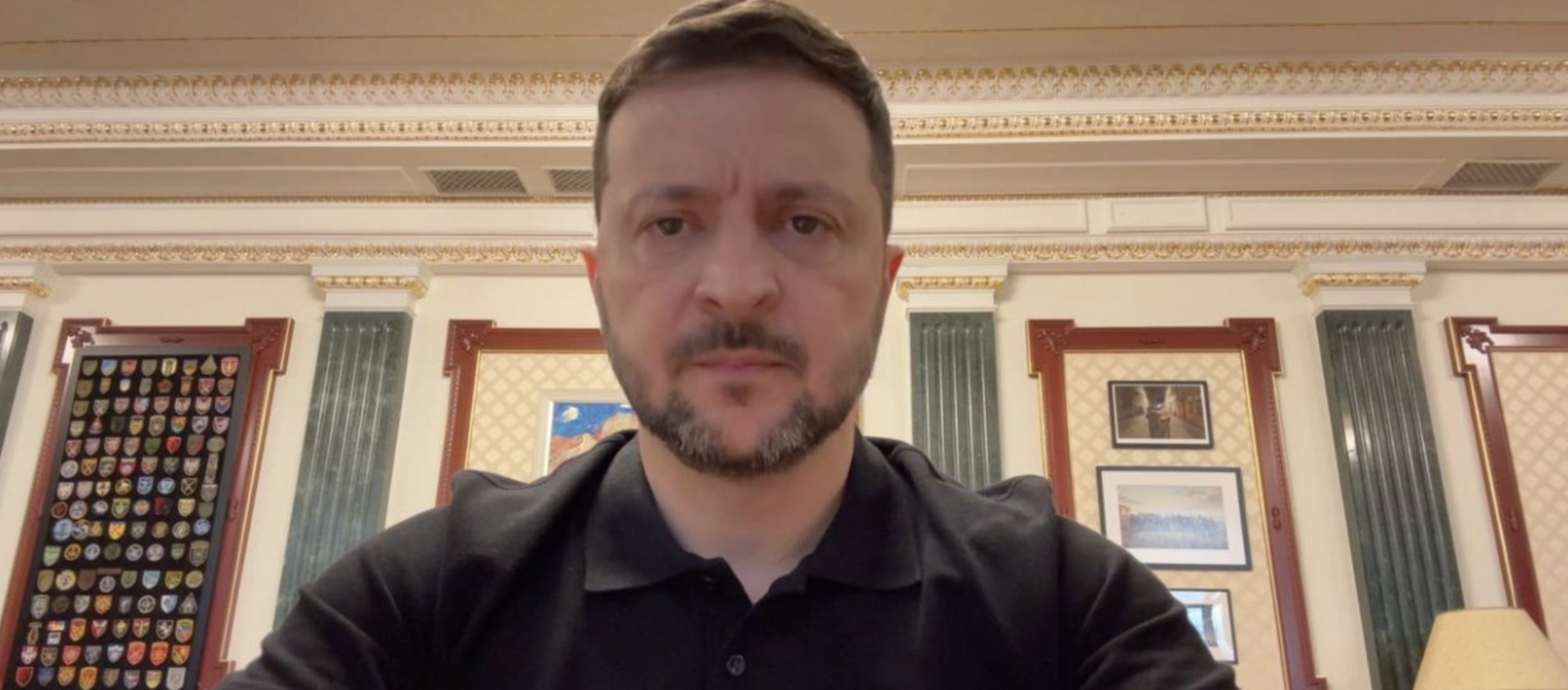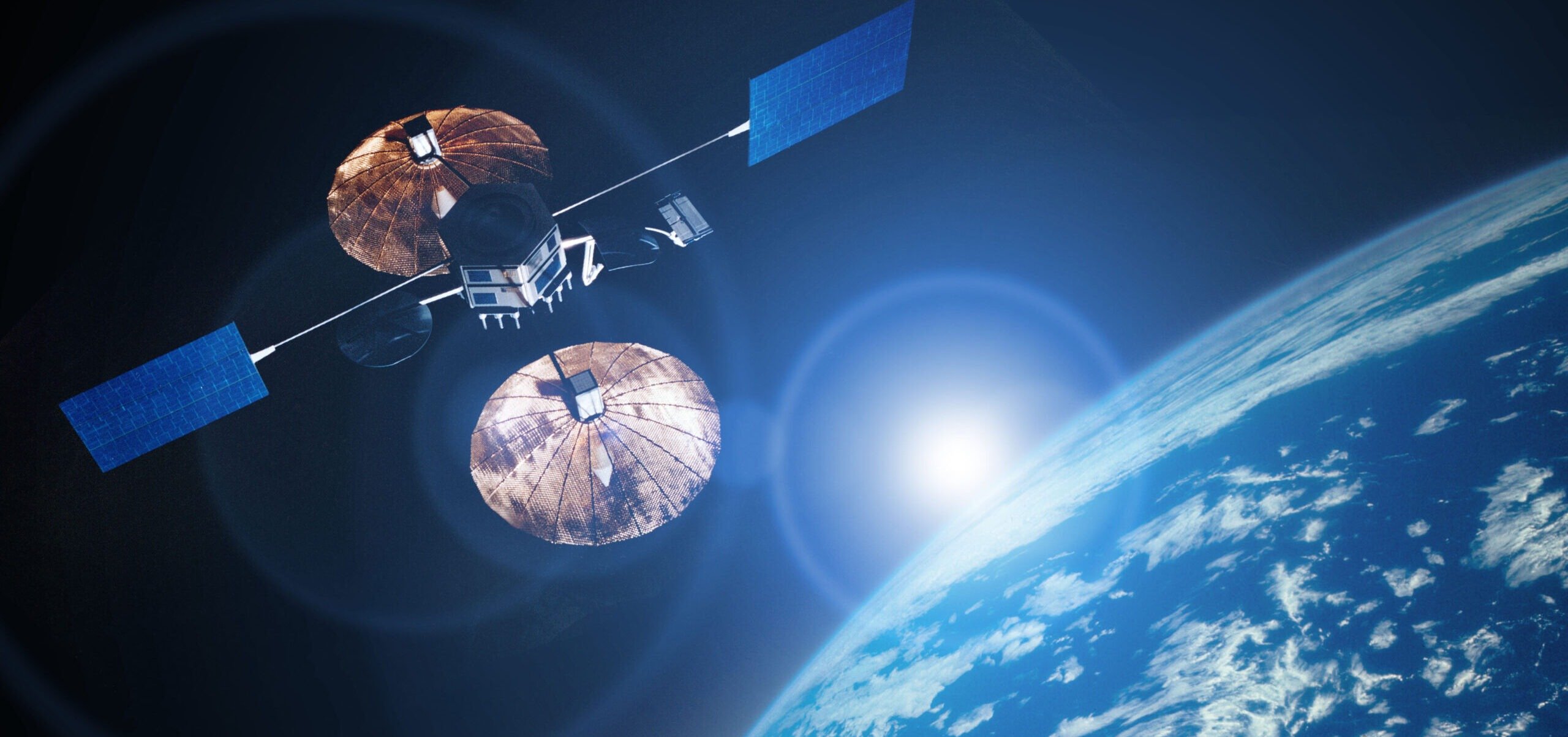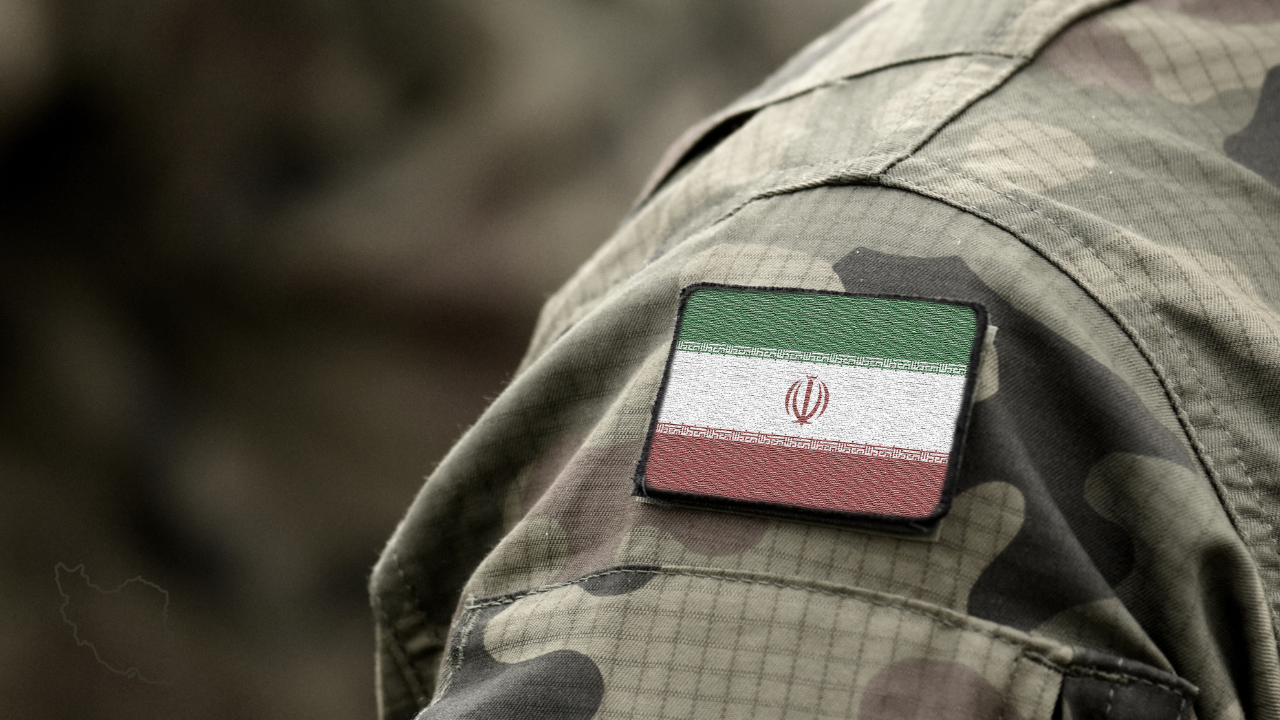
Iran is turning to Russia for military aid and requested modern air defense systems and radars for the war with Israel. This was reported by The New York Times with reference to relevant Iranian officials who are familiar with military planning.
On August 5, against the backdrop of large-scale escalation in the Middle East, former Russian Defense Minister Sergei Shoigu visited Iran to, as he put it, “strengthen bilateral relations.” In particular, he met with the new president of Iran, Massoud Pezeshkian, and the commander of the Iranian armed forces, Brigadier General Mohammad Bagheri, who heads the planning of military strikes against Israel.
“Russia is one of the countries that supported the Iranian people in difficult times. The joint positions of Iran and Russia in the promotion of a multipolar world will certainly lead to greater global security and peace,” claimed the Iranian president, echoing the rhetoric of Putin.
Shoigu noted that Russia is “ready for full cooperation with Iran on regional issues.” According to Iranian media, General Bagheri, in turn, told Shoigu that the relationship between their countries is “deep, long-lasting and strategic” and will expand under Iran’s new government.
Meanwhile, an edition of Israeli Channel 14 (August 3rd) reported that Russia has begun to massively supply Iran with new weapons, in preparation for a potential direct and escalated war against Israel.
According to the channel, Russia may have deployed advanced electronic warfare systems in Iran, including those capable of damaging or disabling military systems up to 5,000 kilometers away.
In addition, there are also reports about the transfer of Iskander missiles, as well as the arrival of Russian IL-76s together with ammunition and further military equipment to Iran.
Iran’s Supreme Leader Ayatollah Ali Khamenei has ordered a direct strike on Israel from within Iranian territory, as a revenge attack for the assassination of Hamas’s political leader, Ismail Haniyeh. Haniyeh was killed by an explosion that destroyed his guest house, while visiting Tehran to participate in the inauguration of the new president, Pezeshkian.
Experts at the Institute for the Study of War believe that the Kremlin continues to try to form a coalition against western countries by pursuing closer bilateral relations with authoritarian states such as China, Iran and North Korea.
